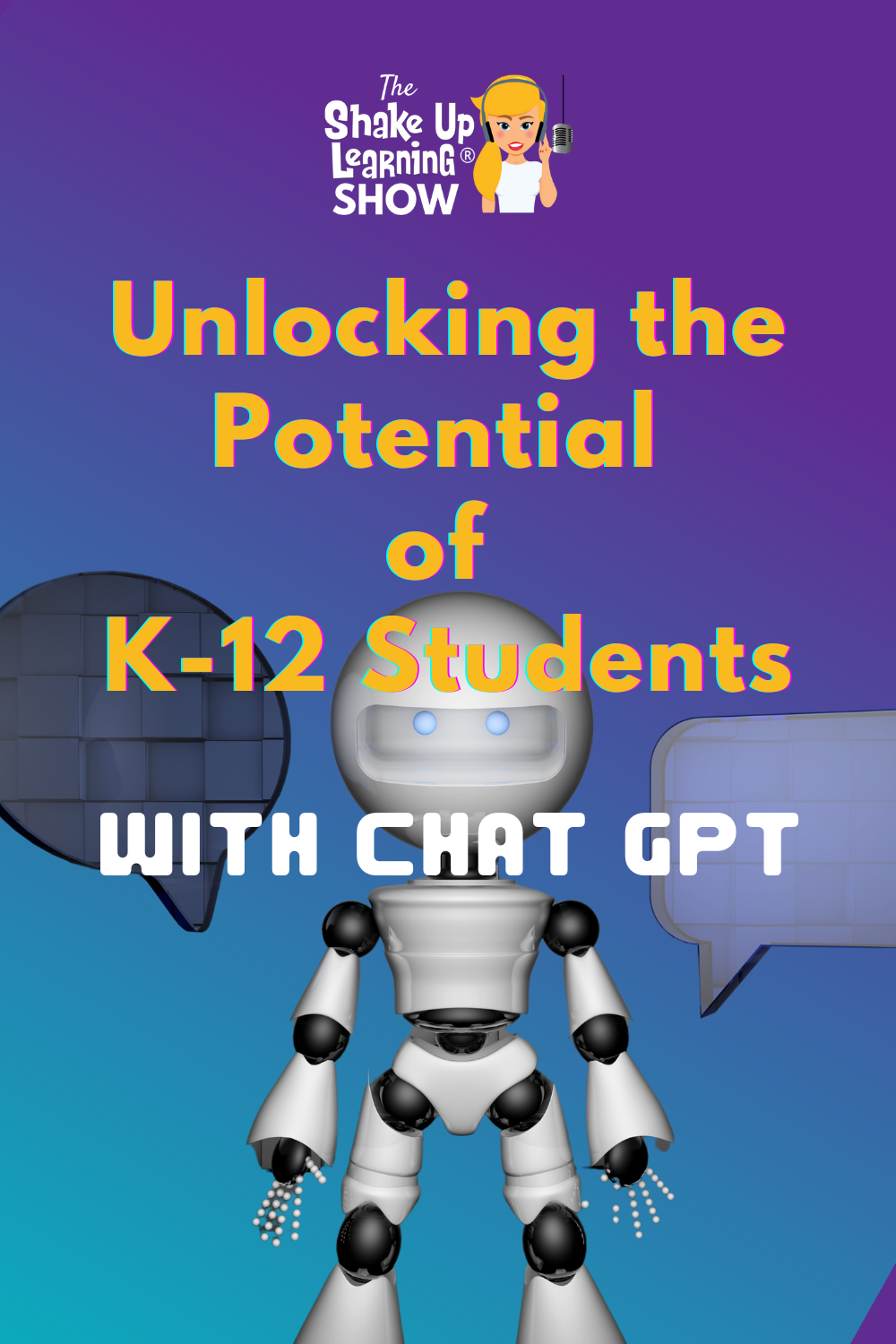
AI’s Role in Modernizing Education: Unlocking New Learning HorizonsAI’s Role in Modernizing Education: Unlocking New Learning Horizons Artificial Intelligence (AI) is revolutionizing various industries, and education is no exception. With its transformative capabilities, AI is unlocking new learning horizons, modernizing education, and empowering learners to achieve their full potential. Personalized Learning Experiences: AI-powered learning platforms adapt to each student’s individual needs, preferences, and learning styles. By analyzing student data and tracking progress, AI algorithms can create personalized learning paths that cater to their strengths and areas of improvement. This individualized approach optimizes the learning process and helps students achieve better outcomes. Intelligent Content Delivery: AI can analyze vast amounts of educational content, identify key concepts, and present it in a more engaging and accessible way. By using algorithms that understand natural language processing, AI can generate explanations, summaries, and visualizations that simplify complex material, making it easier for students to comprehend. Virtual Tutors and Assistants: AI-powered virtual tutors and assistants provide learners with real-time support and guidance. They can answer questions, provide feedback, and assist with problem-solving, reducing the need for 1:1 tutor sessions and making learning more convenient and accessible. Automated Grading and Assessment: AI algorithms can automate grading tasks, saving educators time and effort. They can accurately assess student submissions for accuracy, grammar, and content, providing immediate feedback to students and freeing up educators to focus on more impactful activities. Skill Development and Training: AI-powered platforms provide opportunities for skill development and training beyond traditional classroom settings. They offer personalized recommendations, interactive simulations, and virtual environments that allow learners to practice and master specific skills in a realistic and engaging way. Accessibility and Inclusivity: AI can enhance accessibility and inclusivity in education. AI-powered assistive technologies can support students with disabilities or learning difficulties, providing them with tools for text-to-speech, visual aids, and other accommodations. Preparing Learners for the Future: In an increasingly technology-driven world, AI skills are becoming essential. By integrating AI into education, learners develop critical thinking, problem-solving, and computational abilities that will prepare them for future careers and success in the 21st-century workforce. Conclusion: AI is playing a pivotal role in modernizing education. By providing personalized learning experiences, intelligent content delivery, virtual support, automated grading, skill development, and accessibility, AI is unlocking new learning horizons and empowering learners to achieve unprecedented levels of success. As AI technology continues to advance, its impact on education will only grow, creating transformative opportunities for learners worldwide.
Posted inNews